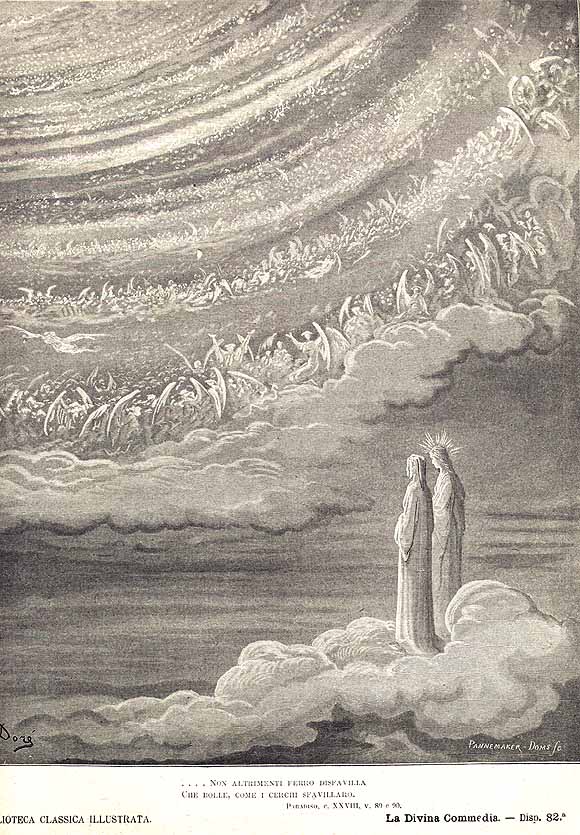Can John Piper’s famous maxim be reversed?
Piper said the chief end of man is “to glorify God by enjoying him forever.”
But what if we said the chief end of man is “enjoy God by glorifying him forever”?
These statements have different meanings. Let me show how they are both true. Piper’s version speaks of God’s purposes for us. God made us so that we could enjoy him and thus bring him glory. There is a means and an end.
1) The means: Our Joy
2) The end: His glory
I agree with Piper’s maxim. It is an accurate explanation of God’s own self-interested values.
But here’s something you may not have considered:
For man, the means and the end are reversed: His glory is the means to our joy. There is nothing wrong with this, for values can only be values to individuals. God’s values are his. Our values are ours. If God is a value to me, it can only be because he is a value to me.
How can this be so? “Value” is a relational term. “Good” is always “good for ____.” Notice that what is “good” for the lumberjack is not “good” for the tree. This is not moral relativism.
If there is a value, then there must always be an individual person “to whom” it is a value. And there must be a “for what”— a purpose.
Piper’s maxim is incomplete.
He has given half of the picture. He has described God’s purposes for himself in creating man.
But man is also a valuer, and man also chooses purposes. The individual man can choose right or wrong values (and hopefully he will look to God for guidance), but when he finally chooses there is no getting around the fact that it is his choice, based on the values he seeks.
For man too, values are only ever experienced as “values for himself, for a given purpose.”
For man too, there is a means and an end, and the order is reversed:
1) The means: God’s Glory.
2) The end: Our Joy.
I do not know John Piper’s view on this matter. For hints of a view that is at least similar to mine, I recommend checking out Brothers, We Are Not Professionals, chapter 7.
I know some people would reject my view and say it is “man-centered.” But we cannot get away from the fact that values are only ever values to individuals. Man’s values are man’s values.
God is rationally self-interested to the core.
The bottom line: rational self-interest—be it God’s or man’s—is compatible with the interests of others. And it leads to mutual benefit.
Also see: To Enjoy God—By Glorifying Him Forever
